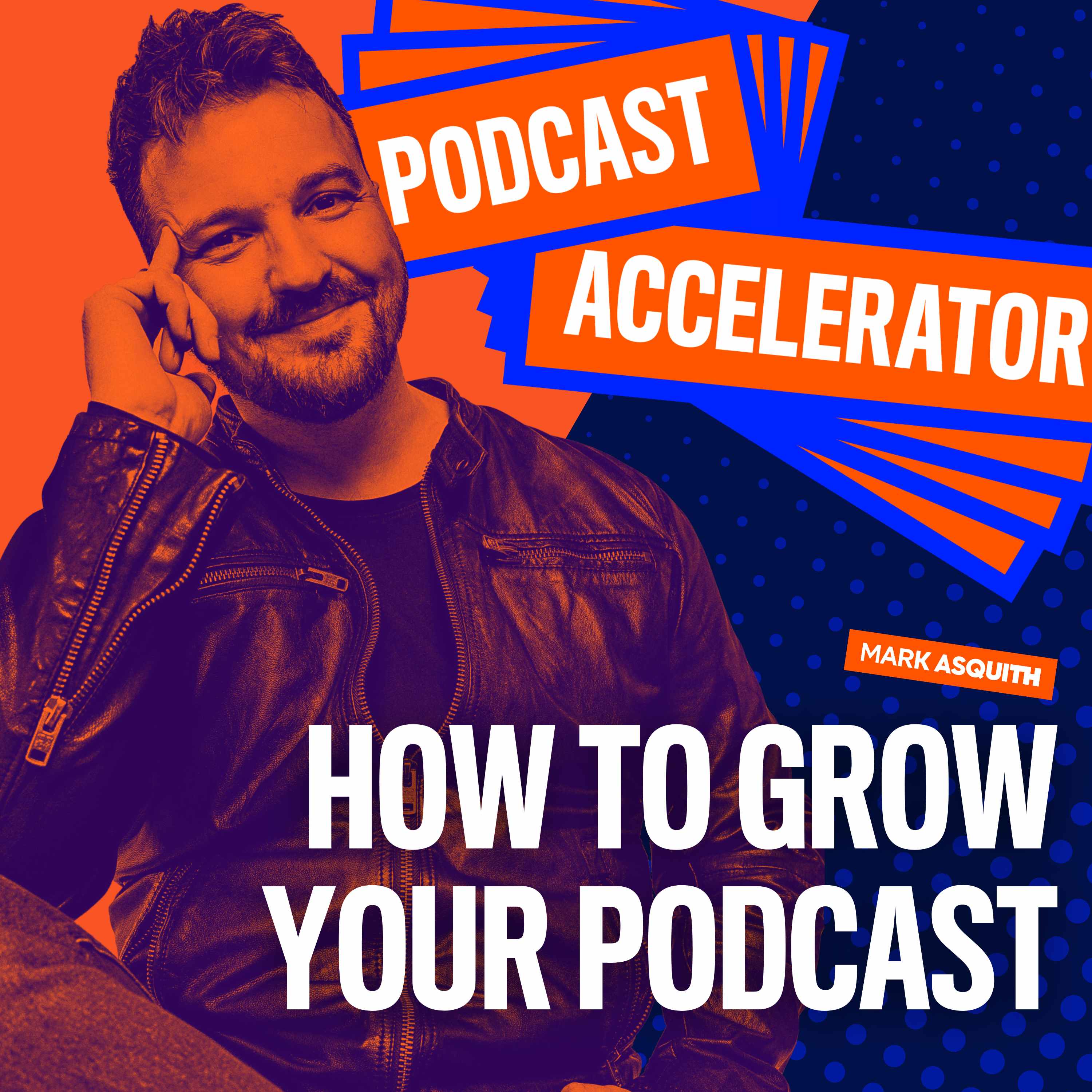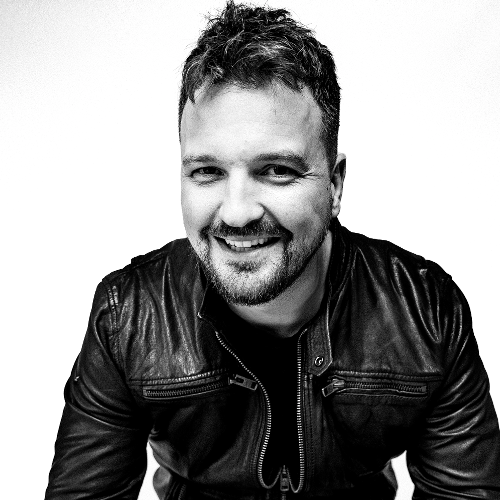3 Ways to Make A Better Podcast with Descript
Last week we integrated Captivate with Descript to make your life easier as a podcaster and although integrations sound really cool on Twitter, I wanted to spend a bit of time today giving you some actual real-life insights on how you can make a better podcast by using Descript.
In fact, here's Descript - this is the only link to it.
What is Descript?
- Descript is a super-powerful and super-simple audio & video workstation that helps you to produce outstanding edits, video and promotional podcast content without the need to master complex tools like Audacity or Audition.
- Descript is good for beginner and pro podcasters and includes advanced AI tools like Overdub and Filler Word Removal which can revolutionize the way you edit - particularly how you run a first edit of your episodes.
- The interface works exactly like a Word document so there’s no tech barrier, you can carry out much of your podcast production workflow inside Descript without the need for extra tools, subscriptions and juggling different services.
- Descript publishes your finished file directly to Captivate and allows you to create pretty sweet audiograms, too.
There are loads of different ways to produce better podcasts in Descript, but here are my 3 cherry-picked recommendations for using Descript to produce a better podcast.
There are loads of different ways to produce better podcasts in Descript, but here are my 3 cherry-picked recommendations for using Descript to produce a better podcast.
1. Use the transcription tool for more than just transcription
Transcriptions are good for accessibility in podcasting and when you import your podcast to Descript, their software does a decent job of transcribing the audio into a usable transcript.
You're going to have a little work to do, especially if you have a solid Northern English accent like me, but the power that you have here is not just in correcting your transcript using the Word-like editor, but in actually using the editor to tighten up your audio.
Lemme explain...
Descript is a non-destructive editor that allows you to edit the words on screen and that will, in real-time, edit the audio to suit what you've tweaked.
Any good podcaster (any good story-teller) knows that the magic happens in the edit and removing pieces of the podcast or even rearranging the flow slightly to tighten up the narrative will give you a much cleaner, focussed resulting episode.
Which leads me to...
2. Use Overdub and Filler Word Removal to tighten up your edit even further
Good editing isn't just about removing content to tighten up the tale - it's also about adding what may be missing from your first run.
It's why movies do reshoots (Snyder Cut anyone?!).
The trouble is that as a podcaster that can be a real pain in the pop filter - firing up the mic, the recorder, stitching up the audio and making sure the transition is smoother than Kieran at a speed-dating night can be time-consuming.
Until Overdub.
Overdub is Descript's "killer feature" that allows you to train the app to emulate and deliver a facsimile of your voice so that you can change and add to your audio just by typing.
It's crazy. And it works.
Using Overdub to tweak an errant phrase, tighten up a piece of your episode or sharpen a mispronunciation means that there's no need at all to re-record anything.
You can even add lengthy audio inserts using Overdub, too, but I wouldn't recommend that yet. It's still AI, after-all and while it's brill, it's not a person.
Pro-tip: go through the full Descript Overdub training script if you intend on using Overdub fully. It'll take 45 mins all in, but it's well worth it. And if you and your co-host are using it, make sure they do the same.
As if Overdub weren't enough, I highly recommend that you, like, well, kinda look at using Descript's Filler Word Removal tool, to well, kinda, you know get rid of filler words.
It's badass.
The way it works is to detect filler words in your audio and then allow you to individually or en masse wipe them out to make your audio even tighter.
It works very very well and handles the transitions/edits gracefully enough, too - which surprised me, if I'm honest - and even acts like the classic "find + replace" tools that you'll be used to from every piece of software that you've ever used.
3. Create audiograms to promote your podcast
Honestly, I'm still not sure about audiograms and how much they do for growth BUT I do know they look sexy.
Descript includes a really excellent audiogram tool built right into the platform that allows you to create a range of customizable audiograms that can be as long as 30 minutes.
That's pretty sweet, to be fair.
What I personally like about this is that, because Descript handles the audiogram creation from one platform, you can tweak the transcript directly and choose to create a 'gram from the full audio composition or the text-selection that you have currently.
This makes the process super quick and the export process is nice and easy, too, so it'll really help with your workflow.
Bonus: publish to Captivate
Once you're finished in Descript, send your audio to Captivate and we'll create an episode for you, ready to tweak and publish.
The Descript team are a good bunch of people, too, so working with them and their platform is a pleasure.
Here's a video walkthrough of Descript in case you've never used it, and let me know: do you use Descript in your show workflow?
Your next steps
I teach podcasting a lot, and usually for free. So, here's what I'd recommend you do next:
- Watch my free podcasting tutorials on YouTube: https://www.youtube.com/rebelbasemedia
- Learn how to launch your own podcast the right way, for free (plus a comprehensive download-and-keep crib sheet): https://www.podcastsuccessacademy.com
- Ask me anything at all about podcasting over on Twitter: https://www.twitter.com/MrAsquith
P.S. you can start engaging with your listeners using AWeber. It's free, no credit card required: https://www.MarkAsquith.com/AWeber
This podcast uses the following third-party services for analysis:
OP3 - https://op3.dev/privacy
Podcorn - https://podcorn.com/privacy
Podtrac - https://analytics.podtrac.com/privacy-policy-gdrp





